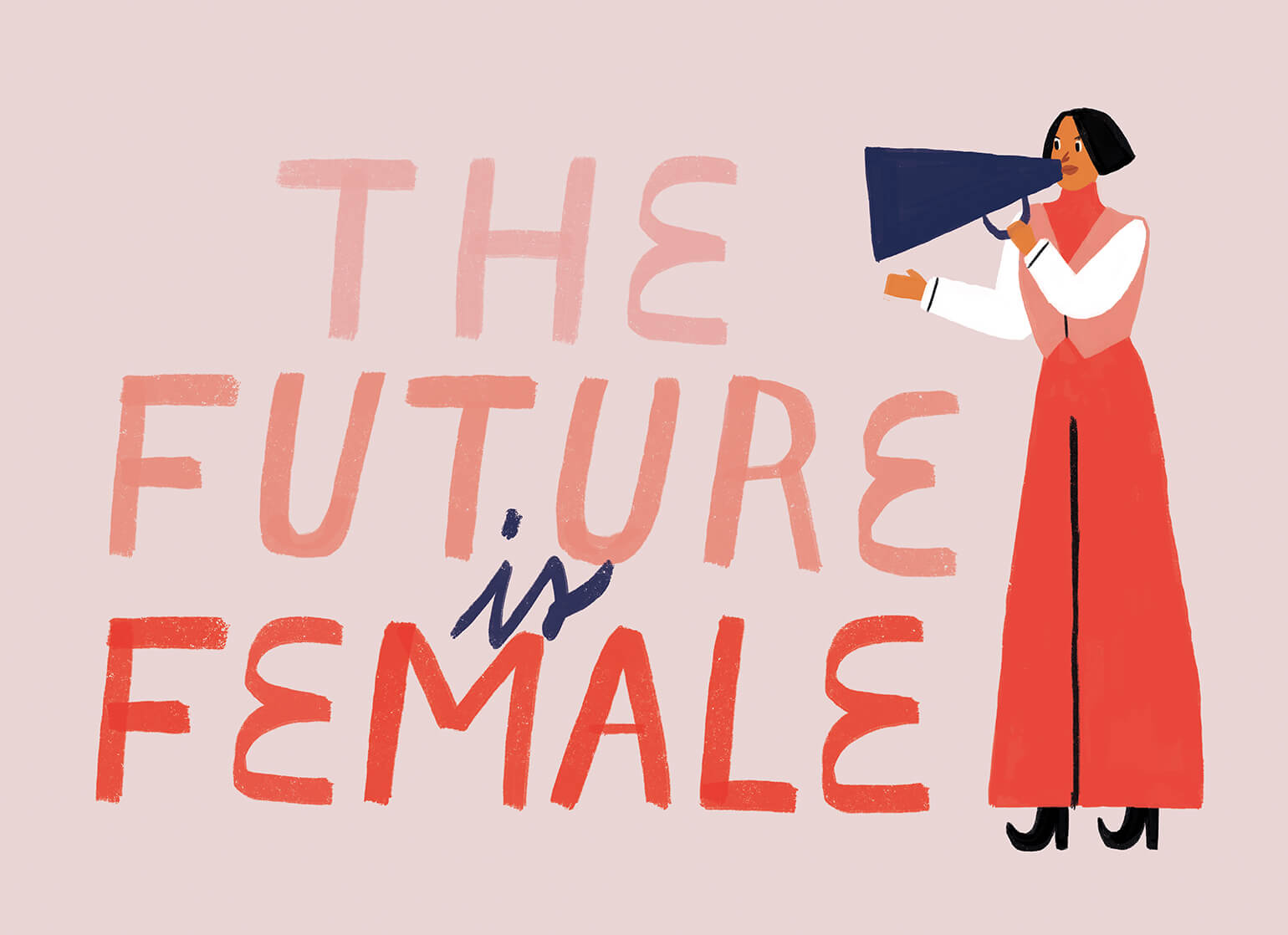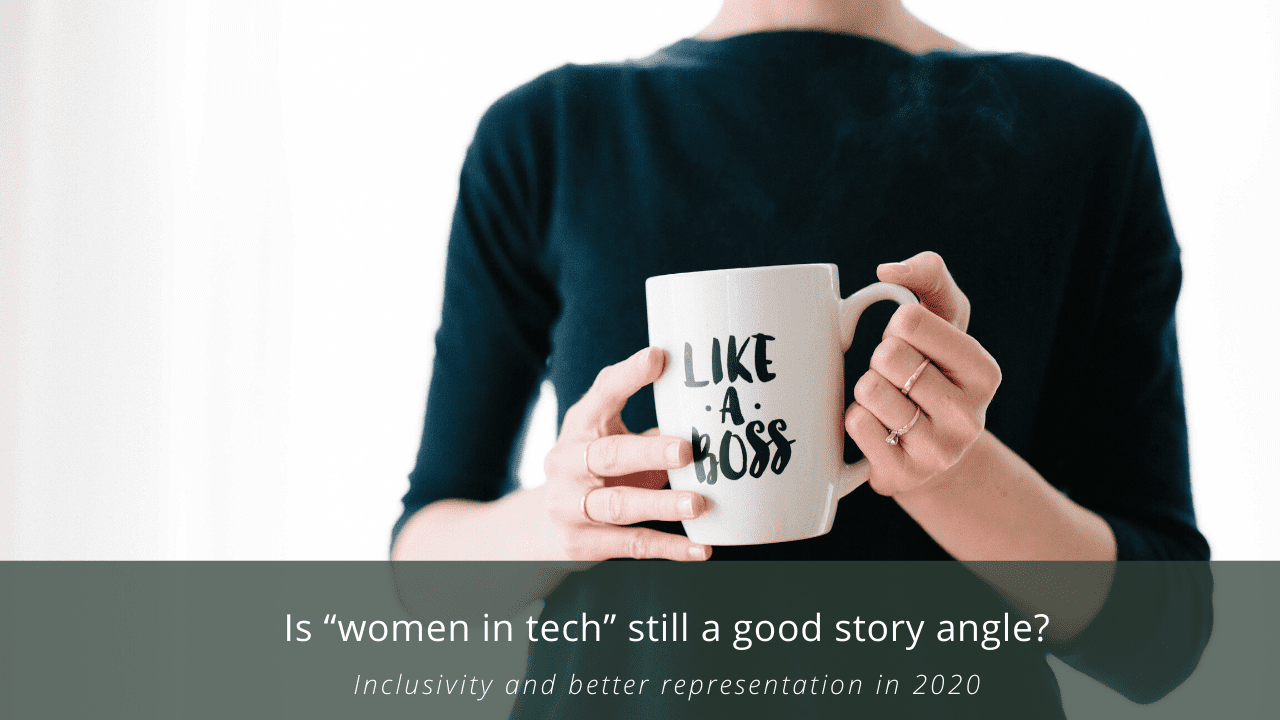As we enter 2020, the battle for gender equality in the workplace still needs to march on. The Economist’s 2019 Glass Ceiling Index (GCI) suggests that progress for women in the workplace has stalled. Unfortunately, this is in the backdrop of the #MeToo movement. The lack of female representation in top managerial positions still persists around the world.
Gender disparity is especially evident in the male-dominated technology industry. This sector is commonly associated with an image of “men in hoodies” and culture of “brogrammers”. Of course, we have some notable women in tech, such as Sheryl Sandberg (COO of Facebook), Susan Wojcicki (CEO of Youtube) and Maggie Wei Wu (CFO of Alibaba Group).
However, to think that the increase of influential women in the technology industry means that the glass ceiling is irreparably broken is naïve. This deep-seated problem of gender diversity has led to various news publications to pay special attention to this issue. For instance, media outlets like Financial Times, Wired, and Entrepreneur Asia Pacific have developed special categories dedicated to Women in Tech.

Gender in the media
The role of the media is important in promoting female representation in a male-dominated industry. The politics of visibility has played a critical role in feminist movements. By highlighting gender identity categories, the media aims to accomplish political recognition. However, it becomes problematic when headlines like “first female CEO in a company” preach the narrative of the exotic female leader. (See examples here and here).
Incidentally, there is hardly much headliner news of a first male CEO in a female-dominated industry. There can be an argument that it normalises the role of women in leadership positions. However, we cannot deny that in the long run, it is potentially problematic. The novelty of pushing the angle runs the risk of reducing the individual solely to this seemingly monolithic gender identity of “female”. In doing so, we minimize our commonalities with men. We also ignore the differences among women, such as social class, cultural and ethnic identities. And, this does no favours to promoting gender inclusion.
The role of PR
Public relations (PR) have a working relationship with the media. Part of the job scope includes working together to create a newsworthy story. The PR industry is dominated by females. Unfortunately, they mostly occupy up to mid-management positions and are side-stepped for leadership or executive roles. However, this means that more often than not there is a woman behind the messaging of a story. We have a small, but not insignificant influence in shaping the story.
One of our clients, EngageRocket, a Singapore-based HR tech start-up that deals with employee engagement, is co-founded by Dorothy Yiu. Last year, we took the opportunity to pitch Dorothy as a female founder to publications in Southeast Asia. This was in light of the International Women’s Day theme of #BalanceforBetter. Dorothy shared her personal experiences on leading an all-men software engineering team and promoting a safe way for female employees in Asia.
We discuss some of the top PR trends to look out for in 2020.
More holistic stories for better representation

Pushing out novelty angles such as “first female CEO” without any good reason is a low hanging fruit. What did being female have to do with this leadership appointment? In spite of our desire to fulfil KPIs quickly and efficiently, we should take a moment to understand intersectionality. Instead of relying on identity politics, we should strive for a holistic focus on what makes a great story.
We explore what consistency means for successful branding.
Women come from a diversity of cultures, experiences and backgrounds. And, it is in highlighting these varied differences that we can push for inclusion and reap the rewards of diversity. As individuals working in PR, we are part of the media ecosystem. Instead of a woman for woman’s sake, we should work towards pushing for holistic stories. That will help us get the female representation we can all be proud of.
If you’re curious to learn more about content marketing and PR or want to speak to a SYNC consultant about starting your brand’s PR journey, contact us at hello@syncpr.co
Last updated 2 June 2020

